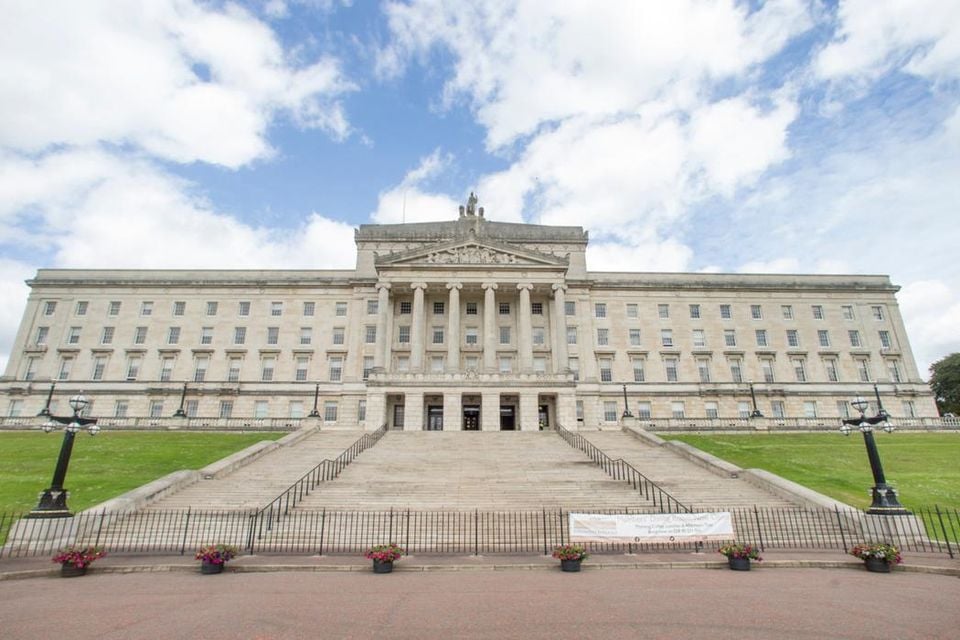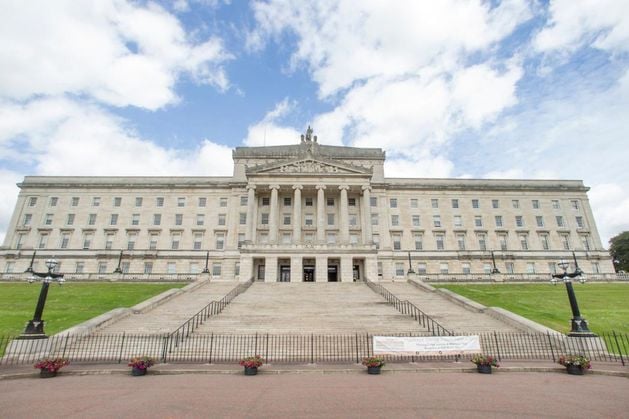It was part of a £2.5m bill for heating costs over the past five years.
The figures were revealed by the Finance Minister after an Assembly question from SDLP MLA Mark H Durkan.
John O’Dowd revealed that in the 12 months to April this year, £416,858 was spent heating Stormont buildings.
It will spark anger as thousands of pensioners had their winter fuel payments cut.
The payment to about 250,000 pensioners in Northern Ireland was axed last year in a cost-saving measure by the Labour government.
On Monday it emerged tens of thousands of pensioners here could have their payments restored after a government U-turn.
The reversal means the majority of pensioners will get the payment of £200, for those under 80, and £300 for those over 80 for the upcoming winter.
However, pensioners earning more than £35,000 will not qualify for the payment.
Last year, payment was limited to only those who claimed pension credit – meaning that the vast majority of pensioners in Northern Ireland and in Britain were left to fend for themselves.
In his answer, Mr O’Dowd outlined that for the 2020/2021 financial year some £361,107 was spent on heating at the Stormont estate, almost doubling to £698,703 the following year.
In the 2022/23 financial year, heating costing £717,128 and then £473,698 for 2023/24.
Mr O’Dowd also outlined moves by the government to make Stormont more energy efficient.
This includes the upgrade of 500 external lights on the estate grounds to LED and a procurement is underway to use 400kVA of solar panels by 2027.
The three large gas boilers which supply heat to Castle Buildings were also upgraded to high efficiency units.
“A refurbishment project is ongoing that will include the replacement of the roof at Block B with enhanced insulation to meet net zero standards,” he said.
Mr O’Dowd added: “Work has also been initiated to investigate and develop options to upgrade both the Castle Buildings exterior ‘envelope’ and systems, to move to net zero standards.

Stormont Buildings
News Catch Up – Tuesday 10th June
“My department plans to commence the procurement of a carbon baselining exercise in 2025/26, for the retained Office Estate, including our buildings on the Stormont Estate. This will help inform and enable additional efficiency projects with a view to further reducing energy usage and de-carbonising the Office Estate.
“For the longer term, my department has been supporting Department for Economy (DfE) in a pilot project to investigate the potential future application of shallow geothermal technology to provide sustainable low carbon renewable heating and cooling systems.
“It is hoped that this will inform the potential for a future geothermal heat network to replace fossil fuel heating systems at some buildings on the Stormont Estate, as well as helping to reduce and stabilise our energy costs.”
